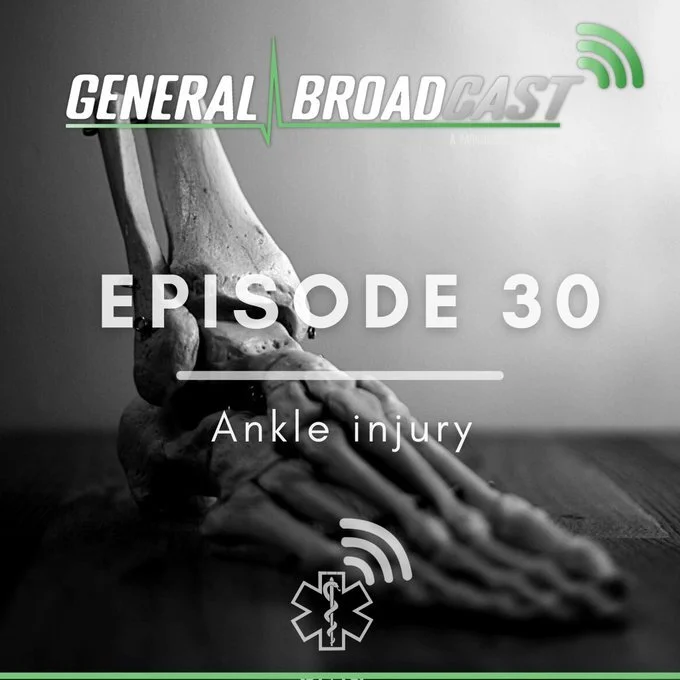Burns represent a special form of severe trauma which can negatively affect nearly every organ system. Despite huge advances in the care of these patients, severe burns are still associated with high morbidity and mortality long term….. and due to long hospitalization, rehabilitation, and extensive scar treatment, severe burn injuries rank among the most expensive traumatic injuries with regard associated health care costs. They are also conditions where the early and effective emergency care we deliver can be incredibly impactful to outcomes, function and survivability.
This month we look at the treatment and assessment of burns for emergency clinicians and paramedics. We also cover the evidence behind certain areas of practice, like do you get ECG changes from electrical burns? and which symptoms are most likely to be features of airway burns
Read More







